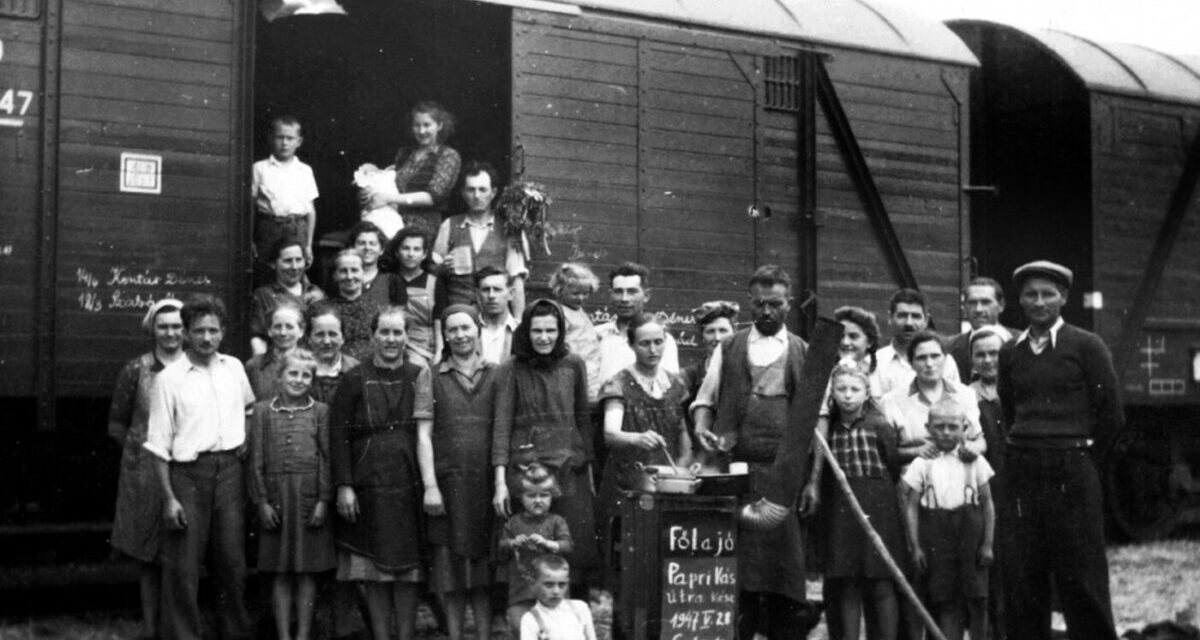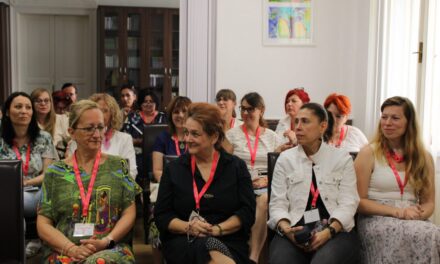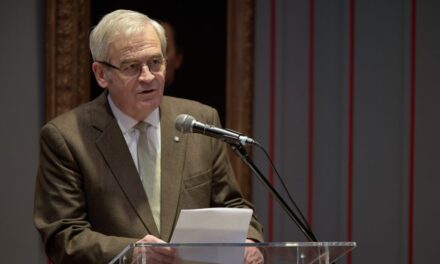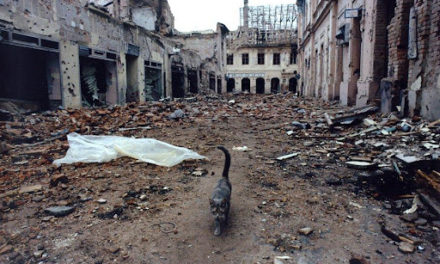On Sunday, it is 75 years since the death of Edvard Beneš, the second president of the Czechoslovak state, who is criticized by many even in his own country for his post-World War II policies, the issuance of the Beneš decrees, which included anti-Hungarian and anti-German measures, and his role in the communist takeover of power in 1948 .
At the Versailles Peace Conference, he succeeded in confirming the previous great power promises approving territorial claims. He greatly contributed to the birth of the small town through agreements with the new South Slavic state and Romania, and established close relations with France and later with the Soviet Union.
Beneš, who survived the Second World War in London, returned to Czechoslovakia on May 16, 1945 and took over the office of president again, however, until the establishment of the National Assembly, he governed by presidential decrees, many of which are still in force today.
However, 33 of the decrees did not deal with the restoration of order, but with the punishment of non-Slavic ethnic groups. Several of these Beneš decrees stated that the Hungarian and German populations were responsible for the disintegration of the country, whose rights began to be restricted based on the principle of collective guilt.
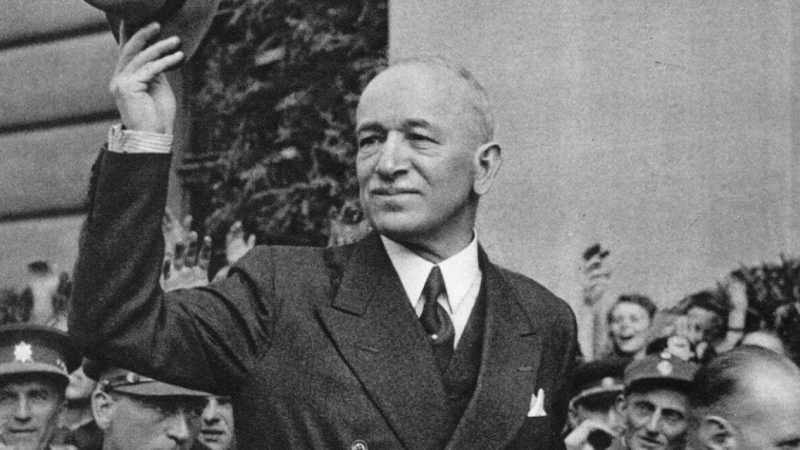
Edvard Beneš / Archive / Wikipedia
Several of the decrees had an extremely negative impact on Hungarians, but the most painful were the 33rd and 88th decrees. With the former, the aforementioned two nationalities were deprived of their citizenship, and with the latter, Beneš made it possible for the members of the nationalities to be obliged to do public service throughout the country.
As a result, the Czechoslovak authorities resettled around 40,000 Hungarians in the Czech Republic. In addition, they tried to get rid of Hungarians and Germans who were considered guilty by evicting them.
Through the Hungarian-Slovak population exchange, part of the Hungarians in the highlands were pushed from their homeland to Hungary, while three million Germans were deported with noble simplicity from the country to neighboring Germany.
Featured image: Fortepan archive

